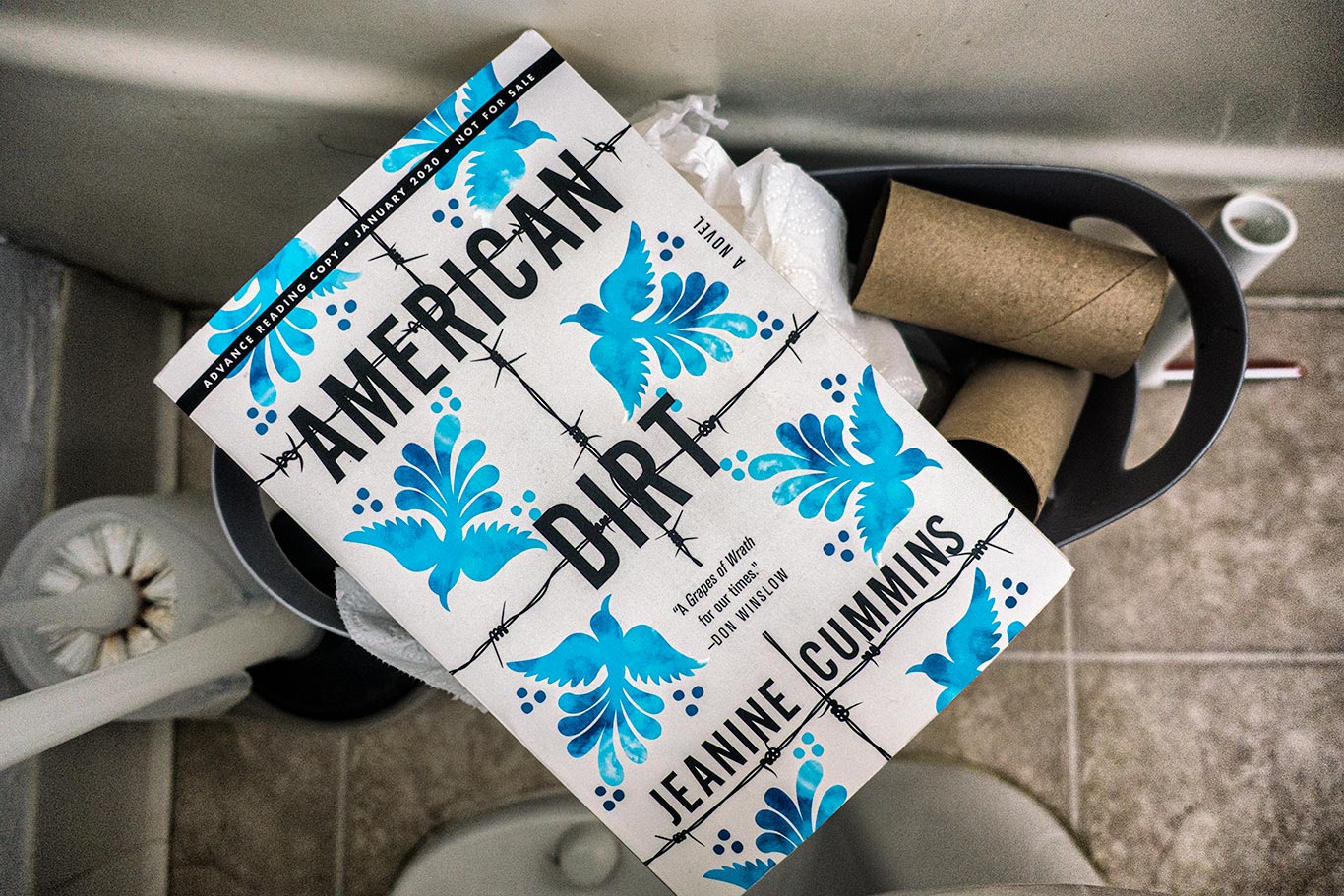[disclaimer: although I have been called an old, Latino dude on Twitter, I am originally from Liverpool, in England. I now live in central México. I speak Spanish every day of my life but I feel I can’t say much about Mexican culture, after living here full-time for about 7 years; part-time for 4 years before that. For this reason, I keep my comments to some of the weird, everyday stuff. There is plenty of that described in this book.]
My first problem is with the present tense, omniscient point of view of the writer. It grates in Spanish and English.
My comments below are taken from the 4 chapters of the book, available as a sample from Amazon, in English and Spanish.
Chapter 3 is where Jeanine, I mean Lydia, circles an orange VW Beetle a few times. Had Jeanine circled the VW a few more times, she’d have noticed that there was no dashboard on which to leave her sunglasses to glint in the sun. There are still many examples of the 1974 VW Vocho, running in México. It was never a Beetle in México, as it was called in the UK. In Germany, it was a Käfer, in the US, it was a Bug. In México, it is still a Pulga or Vocho. Anyway, in 1974, they all had a steel vertical dashboard in the same color as the car’s exterior metalwork. Plastic dashboards came later to countries in cooler climates.
Had Jeanine unlocked a few more Vochos, she’d have noticed that there was no Clunk, as there was no central, or electronic lock. This was never available on VWs of this age, though it is almost surely available on today’s ‘new’ Beetle. Her visceral alarm at the imaginary sound of unlocking, is therefore not credible. You can imagine she is jumpy and expecting the worst but…Narcos are known for bullets and fires, not bombs. They could have easily cut the gas line from the tank and torched the car but I digress…
The inner dialog of Lydia strays into possible autobiographical territory for Jeanine, as she recalls the time after the death of her father, when her mother walked in circles from sink to fridge, sink to fridge. In contrast, in the Spanish book, she ‘circles’ from fregadero to refrigerador; from refrigerador to fregadero. A less formal translation might have used the more common refri as fridge [which is much easier for gringos to pronounce].
There is lots of angst for Lydia, in going through the possessions of Sebastián, her husband. In his work as a journalist, he apparently used a Samsung Galaxy tablet, along with paper notebooks and…a tape voice recorder? Watch any press conference and you’ll see real journalists use electronic recorders, often disguised as phones. The Spanish book only calls it a grabadora de mano or recorder. If he was a journalist, with sensitive material about the bad guys, would he really leave all this visible, inside his car? The VW Beetle/Bug/Vocho, is notoriously easy to break into. It has those small, triangular windows, that can be opened from outside with a spoon, allowing access to the mechanical door handle. No key, no remote, no nada!
Luca’s church shoes and Sebastián’s red Yankees cap were still in the car, having not been robbed along with the backpack. Having had dirty laundry stolen from a VW, I know this can happen anywhere!
His good brown cardigan, [el suéter bueno [sic] in the Spanish book] meanwhile, was dumped in the trunk of the VW. In English, she slams the trunk of the VW. Again, this is not advisable, as it has a cable lock, which needs to be pushed closed. Slamming does not work! With the good, brown cardigan, Lydia puts one of Sebastián’s notebooks in the backpack. She chooses it at random, not to preserve evidence but to save a sample of his ‘extinct’ handwriting. This is but one example of Jeanine’s weird adjective use.
It might have been difficult to translate this book. People have suggested there was a computerized translation followed by a once-over from an editor. Some expressions are translated literally and sound very wooden in Spanish; not the way I’d expect people to speak. So for example, Lydia looks over her shoulder, presumably checking for bad guys following her. She doesn’t look hacia atrás but ‘encima del hombro’. The dog barks at them in English at an open gate. The perro barks in Spanish through an open grate. Either way, she takes a risk in kicking a free-roaming dog, who apparently doesn’t continue the fight. Most unleashed dogs, that I have seen in México, are street-loose without homes or on a roof barking down at you.
Luca’s dad had promised to take him to El Rollo, a water park, this summer. His mom feels ‘disloyal’ by getting momentarily angry with him. What? He can’t now fulfill this promise.
‘Like a government furlough’, where services [in this case, her religious faith] are suspended becomes ‘institutions of government’ in translation. The simile is messy.
The Playa Caletilla is on the west side of Acapulco Bay and is on the Playas peninsular, some distance from the mainland. There are a few banks and most of them are not open on Saturday afternoons. She’d be better going to an Oxxo, a convenience store like a 7-11. You can complete all kinds of financial transactions there. At a bank, life is much more difficult. For person to person attention, there are usually lines of people waiting. I can not believe you would not invite scrutiny, if you tried to empty your account.
At the very least, you would need identification. Even if the bank was open on a Saturday afternoon, it is unlikely this would be such an easy transaction. Interestingly, the proceeds differ between the English and Spanish versions of the book. Though the dollar figure was $12,500, the yield in pesos was $219,803 [in the English copy] and $234,803 [in the Spanish copy]. These are exchange rates of $17.50 pesos/dollar and $18.78 pesos/dollar respectively. These are realistic rates but given Lydia’s account would be in pesos, it might have been better to fix the peso withdrawal and not mention dollars. As the book ages, this rate will change, of course. Then there’s those pink $1000 pesos notes. Good luck getting change from those.
Really, though, does this make any sense to carry around nearly a quarter of a million pesos in three envelopes? She’d be much safer taking smaller amounts from her account, by visiting an Oxxo. What’s she planning on doing with all this cash, if and when she reaches the US?
Lydia’s stated intent was to blend in with the bus-taking masses and not be conspicuous. She then does things that make her stand out: the shoes, the giant cash transaction etc. With her money, as many others have said, she could have been safer and got out of town much more quickly by taking a long-distance bus or airplane. Primera Plus has very comfortable buses that put Greyhound to shame and cash is OK. Taking a plane, though, she’d have that cash and ID problem.
Lydia and Luca take various buses, almost-randomly, around town and find a Walmart further along the coast of Acapulco [after passing another Walmart on their route]. They then walk from the Walmart to a hotel, carrying all their new swag. Paying in cash at Walmart is not too conspicuous. Buying sunblock, though…The Spanish book refers to pantalones de mezclilla, rather than jeans.
They also purchase a map of México. That too is difficult to do. México is a large country, similar in size to western Europe. Buying a single sheet map gives you a satellite view. Buying one, with towns on it, needs a book of maps. Besides, she has her husband’s tablet and a telephone. We don’t know why she buys a map but we can guess she’s planning her cunning escape. And she buys a ‘machete’. Where I live, a machete is a blade 1-2 feet long, used to chop branches from trees, slice sugar cane, open coconuts and some other more unsavory things. It is rather difficult to find one with a retractable blade. What she buys, sounds more like a pocket knife, or navaja, like a Leatherman for example. Walmart does sell these!
They arrive at a hotel called Hotel Duquesa Imperial. There is a real hotel Princess Mundo Imperial, within a km or two of that Walmart, on the way to the beach, that I assume was used as the model for this. Here, they arrive, without a reservation and apparently book a room without any identification or form-filling. Typically, even with a reservation, many hotels in México have a paper registration process. Rooms at the Princess are in the range $1,800-2,000 pesos. Leaving a credit card for ‘incidentals’ is usually optional and no, you’d never leave $4000 pesos in cash! That’s not acting inconspicuously!
When Lydia asks about leaving the incidentals deposit in cash, the clerk looks mildly alarmed. He then sees the four pink $1000 pesos notes, for the first time in his life, and passes out. [OK, that didn’t really happen in the book]. In a small, informal survey of people here, 100% have failed to tell me the correct color of those notes. In the English book, the clerk smiles clinically. In the Spanish, he gives her a cynical smile.
Fermina Daza is the name she gives to the hotel clerk. In a bid to remain inconspicuous, she uses the name of the lady in Love in the Times of Cholera. She could have used the name Gabriela García Márquez or something a little more common, like Lupita García or Alejandra Hernández.
We have a few more poetic interludes in the hotel room, with Luca having a cloudburst of anguish and a globular nightmare. Mami then opens the balcony door, to let in some of that hot, humid Acapulco freshness. With a $4000 pesos deposit, she should be able to turn on the AC, no?


